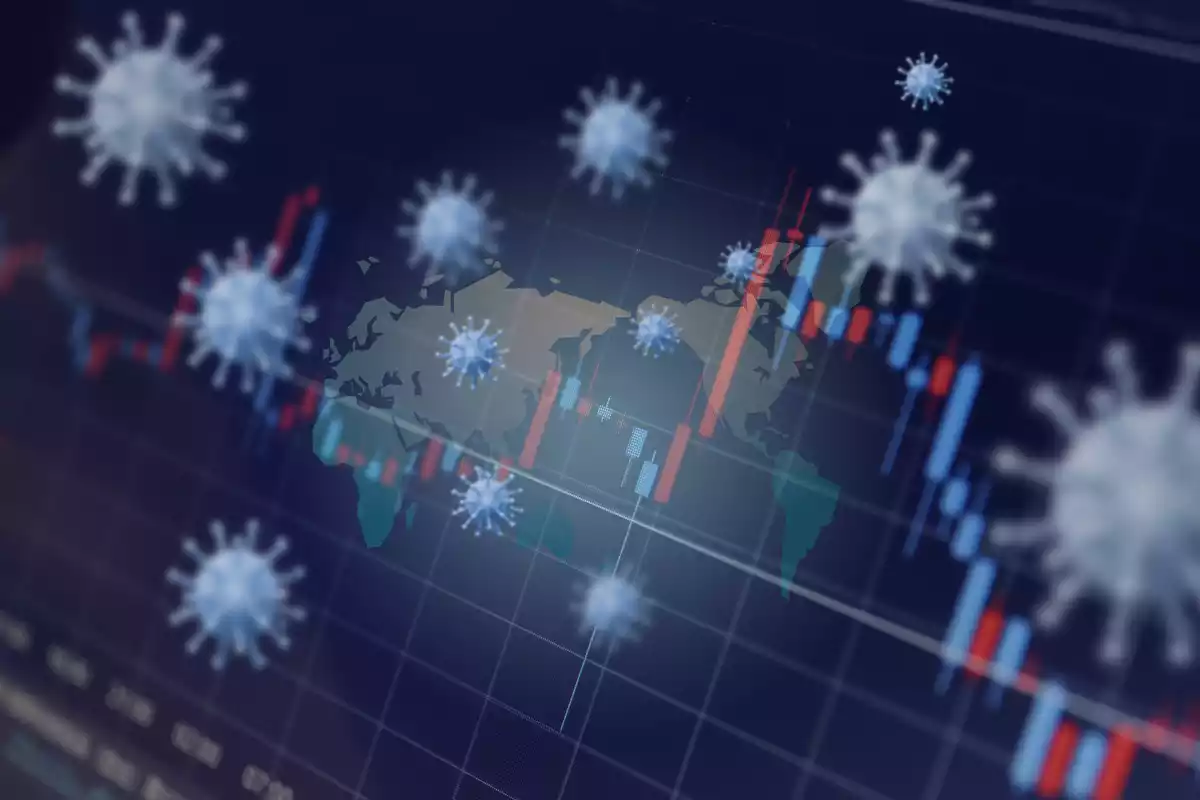
It has been more than a year since China reported the appearance of a new 'highly contagious pneumonia' that would end up being called Covid-19. Since then, the coronavirus that causes it has become a priority of study for many scientists around the world who have spent months searching for all the clues.
But the reality is that in recent months, it has become more complicated, as there are already several mutations, such as the British, South African or Brazilian ones, which have been shown to be more contagious. In theory, these mutations are caused by a change in the spicule of the virus, the protein that gives it the shape of a crown and which allows it to easily enter our organism.
Although these variants involve a slight change in the shape of SARS-CoV-2, this would not be the key behind its increased transmission capacity. A study by the American University of Stanford, published in bioRxiv.ogr, shows that these mutations have made the virus more susceptible to the part of our body it wants to infect.
New variants are 'activated' more easily
The explanation for the fact that they are more contagious lies in the functioning of the virus itself. As the study shows, all coronaviruses, including the one causing the current pandemic, need their spicules to be active in order to infect a cell.
For this process to take place, the virus needs the help of the enzymes that the cells have, which are what allow it to enter our organism. The authors of the research have detected that the current mutations were particularly sensitive to the activation of an enzyme called protease.
But for this to really happen, and here is the real key that could make these new strains more contagious, these proteases must be found in the nasal passages, the main entry point of the virus, and not in the rest of the body.
What this study also dares to predict is whether these new variants can really lead to a more serious evolution of the disease. In theory, it is considered that it does not have to be more virulent with the rest of the organs than the previous ones, although this fact has yet to be proven by other scientists.
The benefit of this mutation: the virus is more vulnerable
Fortunately, the study not only shows the ability of these new variations to become more effective in their main purpose, which is none other than to spread. The fact that they have increased their sensitivity to some of the enzymes and are more easily activated may also make them more vulnerable and our immune system may fight them more effectively.
The study believes they have found what they call the "Achilles' heel" of coronavirus. They explain that the fact that the spicules are more easily activated allows the antibodies to better attack the exposed parts of the virus.
What the research shows is that each coronavirus particle "has up to 80 protein spicules" but that only a few are actually needed for the virus to enter a cell, bind to it and infect it. But of course, the more spicules that are active the more exposed the center of the virus is. "If more spicules are activated and the binding site is exposed, neutralizing antibodies are more likely to bind to the viral particles and bind several together," they conclude.
[This is a translation of the original article "Unos científicos encuentran por fin el punto débil del coronavirus" published in espanadiario.net]

